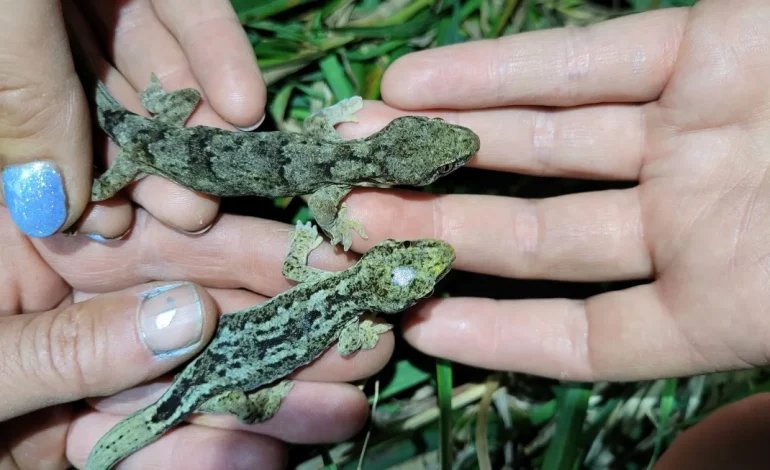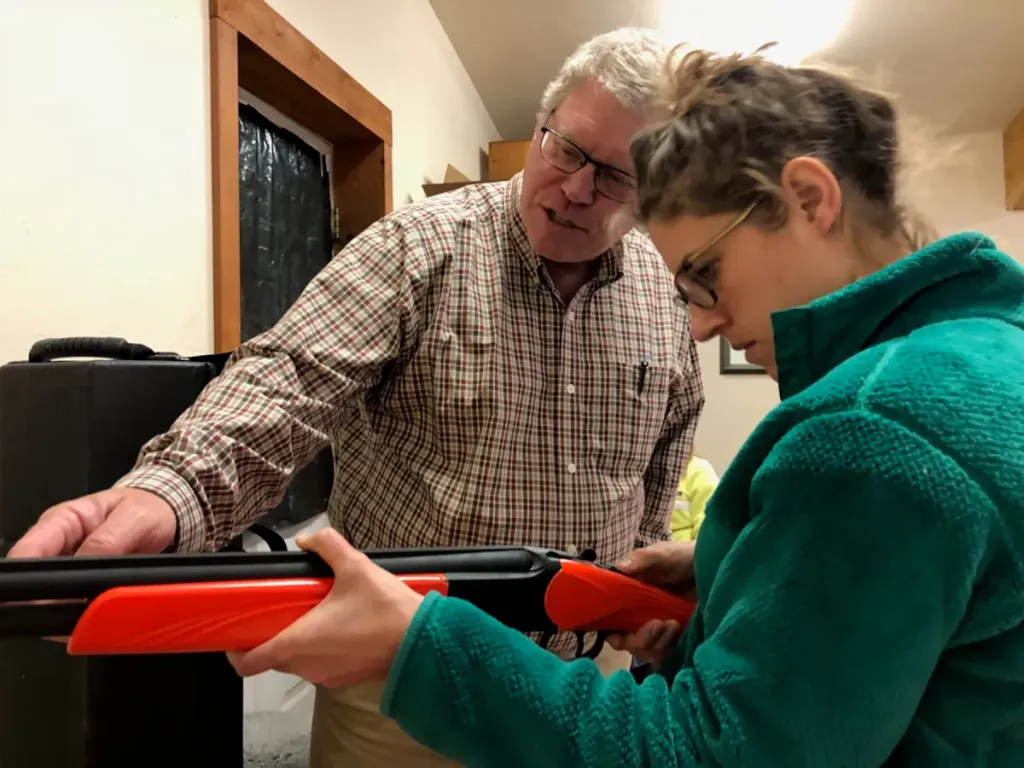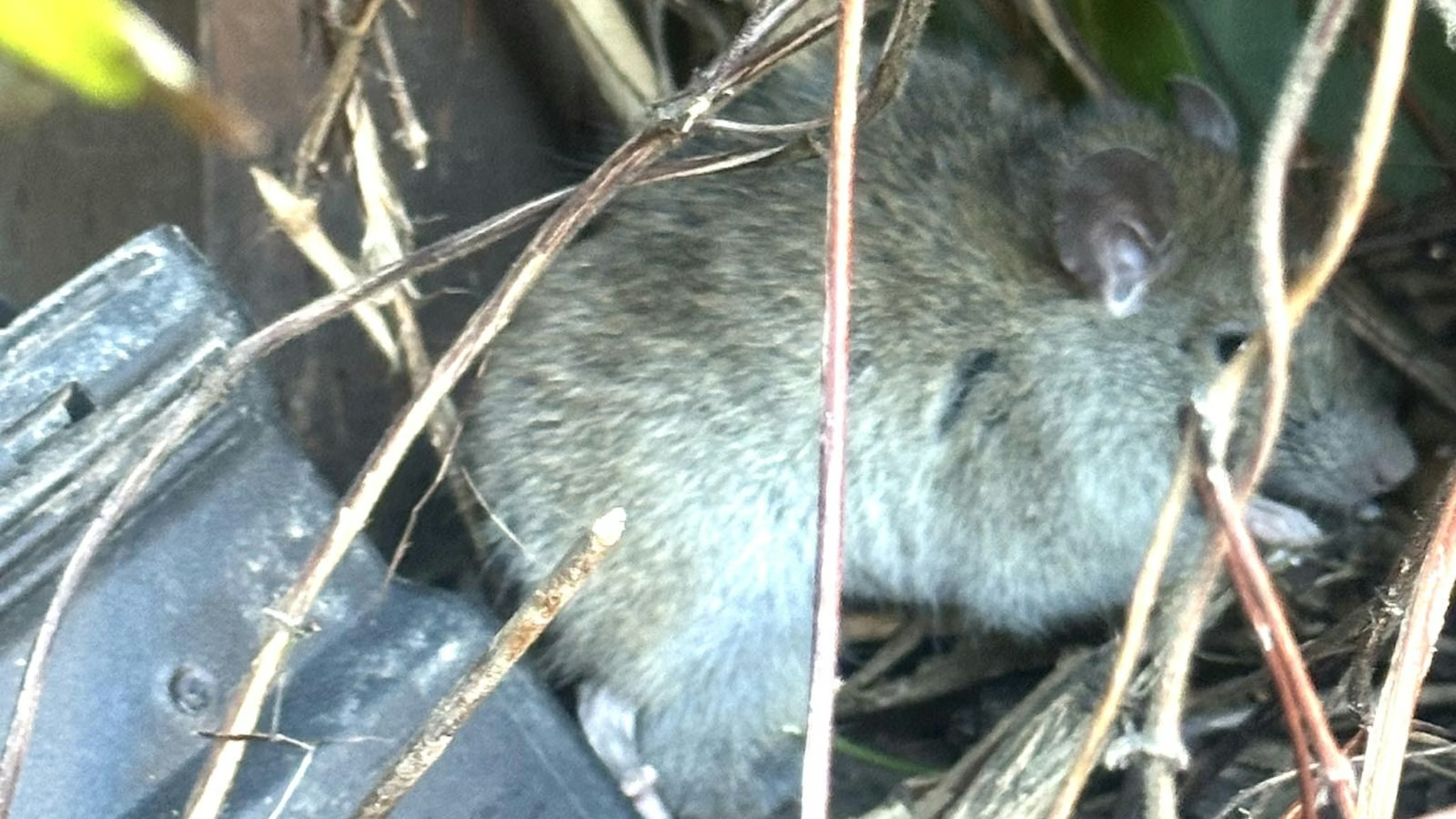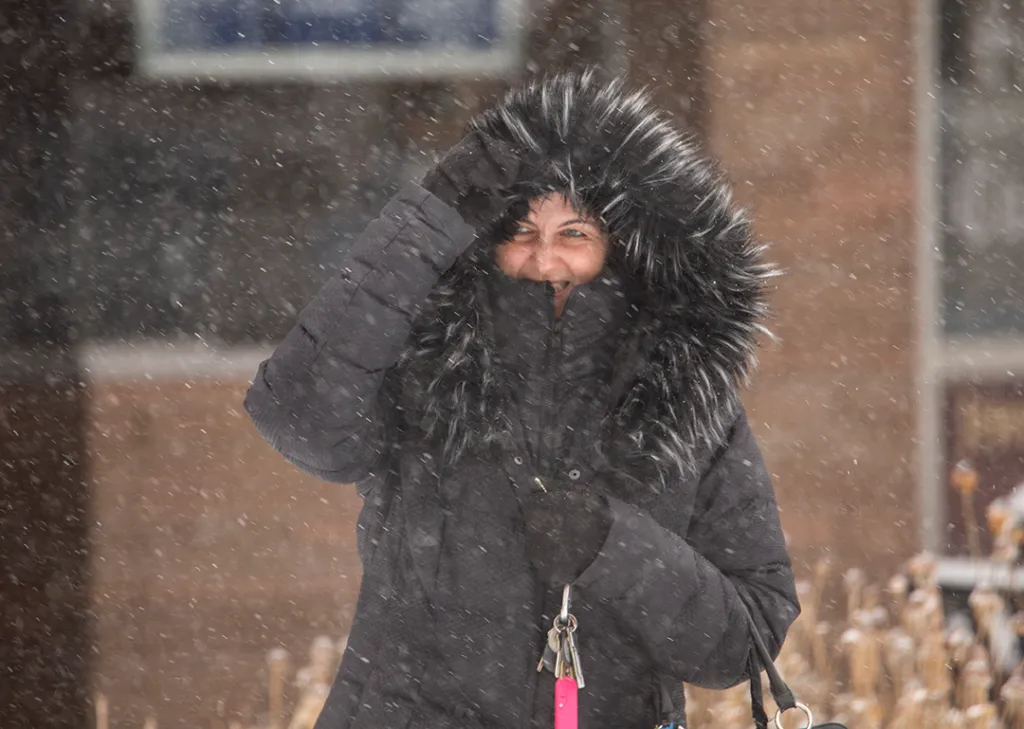New Zealand Geckos May Be World’s Oldest, Living Decades Beyond Average Lifespan

Researchers have identified two Waitaha geckos on Motunau Island, New Zealand, believed to be the oldest known geckos in the world, CNN reports.
Antoinette, aged 64, and Brucie-Baby, aged 60, are significantly older than the average gecko lifespan of just a decade.
The pair was found during a five-yearly survey led by Marieke Lettink, a reptile and amphibian expert. Lettink described the moment as “exciting” and humbling, realizing these animals were older than her and “still out there doing their thing.”
The geckos were initially marked decades ago, in the 1960s, by the late conservationist Tony Whitaker, using a method called toe clipping, where a unique pattern was created by clipping a certain number of toes. Whitaker, along with fellow conservationist Bruce Thomas, inspired the names of the two record-breaking geckos.
Since both geckos were fully grown when originally marked, their true age could be even higher than the recorded 60 and 64 years.
This discovery elevates Waitaha geckos to the ranks of other long-living lizards, surpassing the lifespan of even larger and more well-known species like iguanas and Komodo dragons.
Several factors contribute to their longevity. The most significant is the predator-free environment of Motunau Island, free from invasive species that have devastated native wildlife on mainland New Zealand.
The success of reptile survival in these safe havens has spurred conservationists to create more predator-free sanctuaries across the country, using fencing and invasive species removal. However, Lettink noted that skewed ecosystems can sometimes lead to thriving mouse populations, which can then prey on geckos, presenting a new challenge. Some groups are now establishing specific sanctuaries dedicated solely to lizards and geckos.
Other contributors to the geckos’ long lives include the cool climate and the island lifestyle, according to Kaitlyn Leeds, Biodiversity Ranger with the Department of Conservation and a member of the survey team.
The team had previously encountered Antoinette about a decade ago and assumed it would be their last sighting.









The latest news in your social feeds
Subscribe to our social media platforms to stay tuned